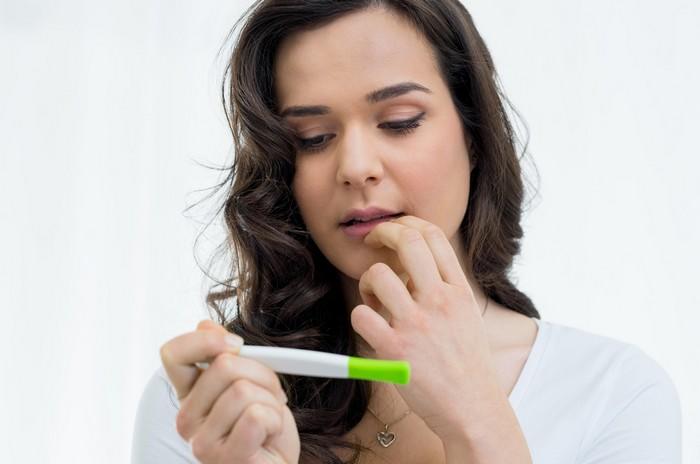A social media post has been circulating, claiming that ivermectin, a widely used antiparasitic drug, is a “fertility toxin” that harms the ability to conceive and carry pregnancies to term. This claim is false.
Does Ivermectin Harm Fertility in Humans? No, there is no credible scientific evidence to support the claim that ivermectin harms human fertility. Ivermectin is primarily used to treat parasitic infections like river blindness, scabies, and strongyloidiasis, and it has been safely administered to millions of people worldwide over several decades.
Leading health organizations, including the World Health Organization (WHO), U.S. FDA, and European Medicines Agency (EMA), have not identified infertility as a known side effect of ivermectin. Additionally, post-marketing surveillance data does not show any fertility issues linked to the use of ivermectin.
Expert Opinions: Dr. Almas Fatma, a general physician, confirmed that ivermectin has been used safely for over 30 years, and there is no reliable evidence to suggest it causes fertility problems in men or women. If ivermectin affected fertility, there would have been clear signs after its widespread use globally.
Have Studies Found Any Reproductive Effects of Ivermectin? Yes, but only in animals and at very high doses. Studies on rats and mice have shown that extremely high doses of ivermectin may affect reproductive health, such as reducing sperm motility or affecting ovarian function. However, these effects occurred at doses much higher than those used in human treatments. It is important to note that animals process drugs differently, and these results are not directly applicable to humans.
A 2020 study involving 893 pregnant women in African countries, where ivermectin was administered either accidentally or as part of clinical trials, did not show any adverse pregnancy outcomes like newborn deaths, premature births, or low birth weights. While the data is limited and inconclusive regarding miscarriage or birth defects, it is important to highlight that no significant risks to human fertility or pregnancy were reported.
Is Ivermectin a Known Fertility Toxin? No, ivermectin is not a fertility toxin. The claim made by Dr. Mike Yeadon, an ex-Pfizer scientist and anti-vaccine activist, that ivermectin is a “violent fertility toxin,” has no scientific backing. If ivermectin were a fertility risk, it would be clearly indicated in official medical guidelines and safety warnings, but this is not the case. Ivermectin is not listed as a reproductive toxin in any medical references.
Health Risks of Ivermectin: Ivermectin can pose health risks if taken inappropriately, especially in high doses or if used in versions meant for animals. Overdose symptoms can include nausea, vomiting, diarrhea, low blood pressure, skin rashes, dizziness, seizures, and even death. It is critical to use ivermectin only as prescribed by a healthcare provider for the specific conditions it is approved to treat.
Conclusion: The claim that ivermectin causes infertility is false. There is no scientific evidence linking ivermectin to fertility problems in humans. The spread of such misinformation can be harmful, and it is important to rely on credible sources and medical guidance when it comes to health decisions.
Related topics:
Kangaroo Care Hospital to Host Free Infertility Camp, Expanding Affordable Fertility Services
Endometriosis: A Silent Struggle for Many Women
Women Share Their Struggles with PCOS, Highlighting the Need for Awareness and Advocacy























